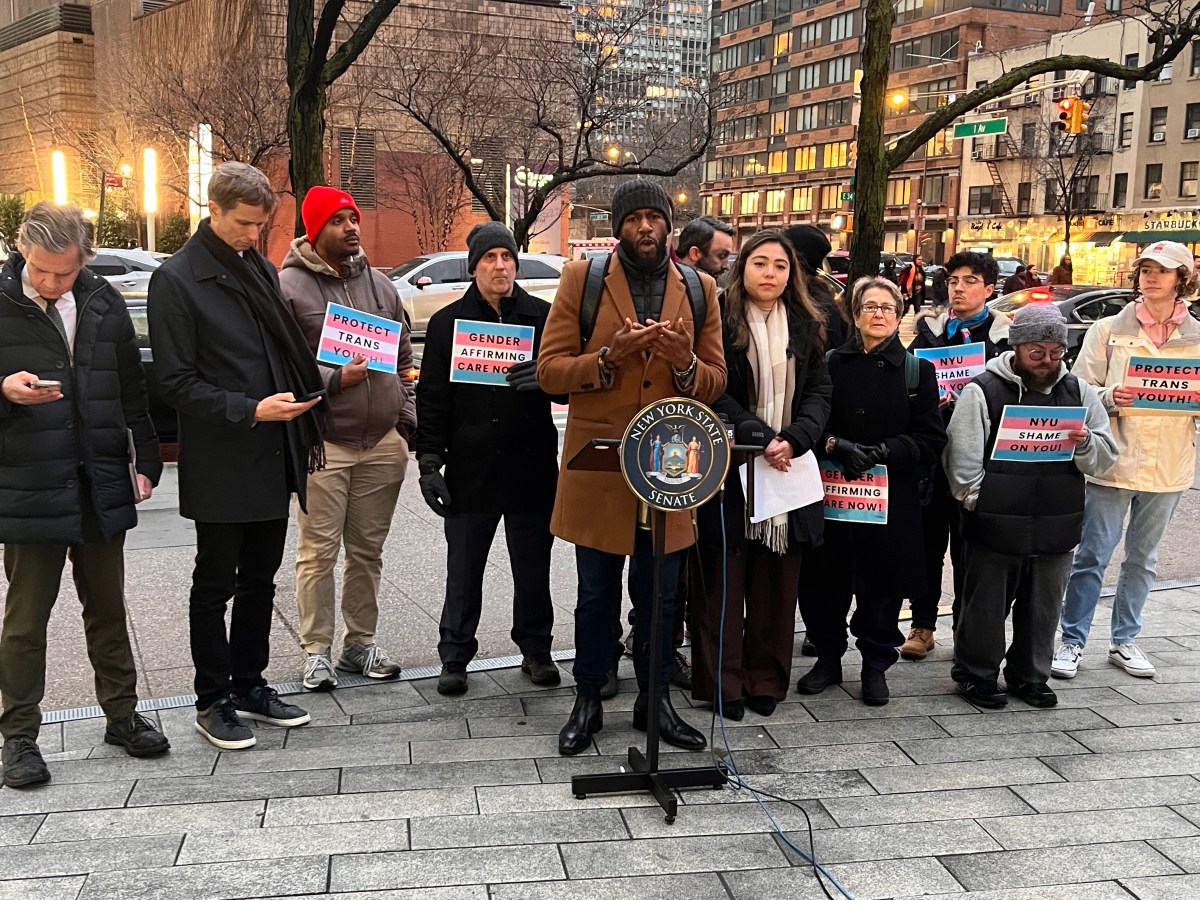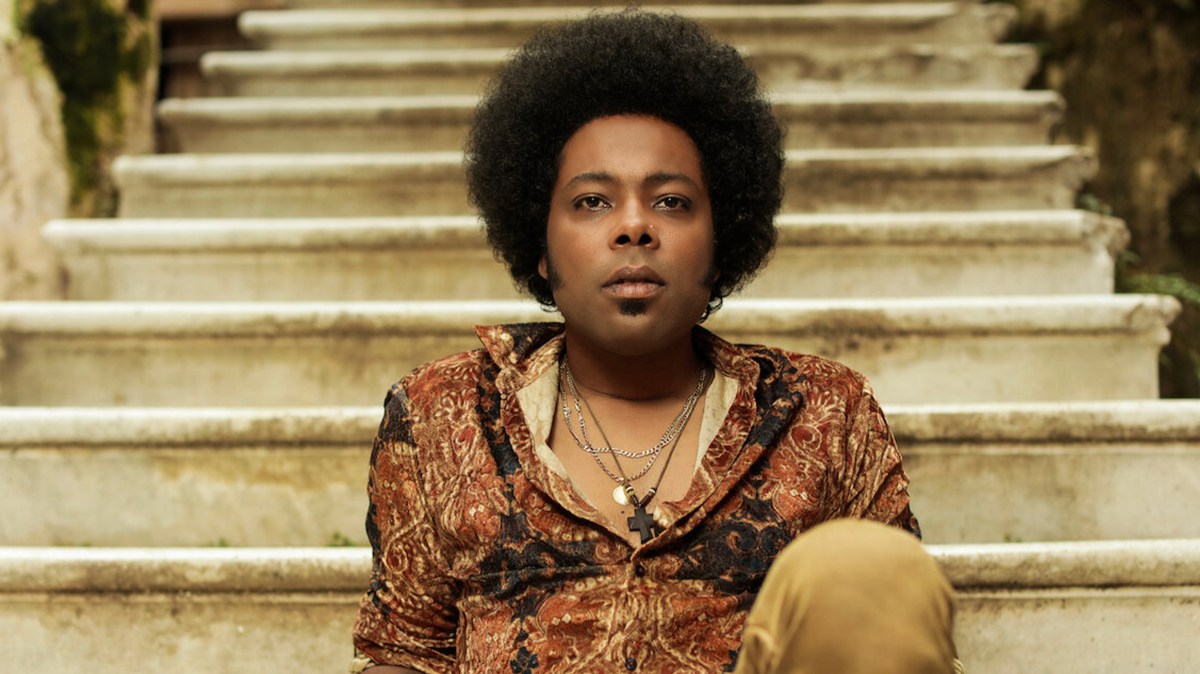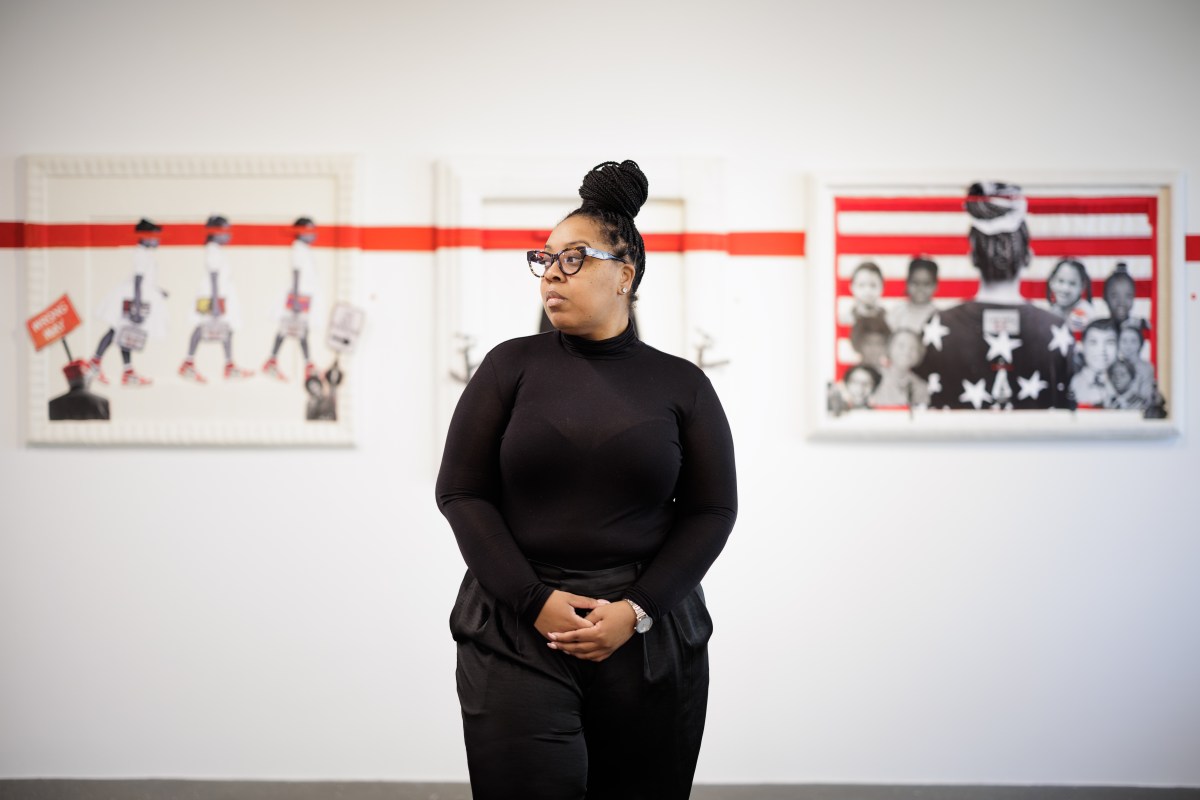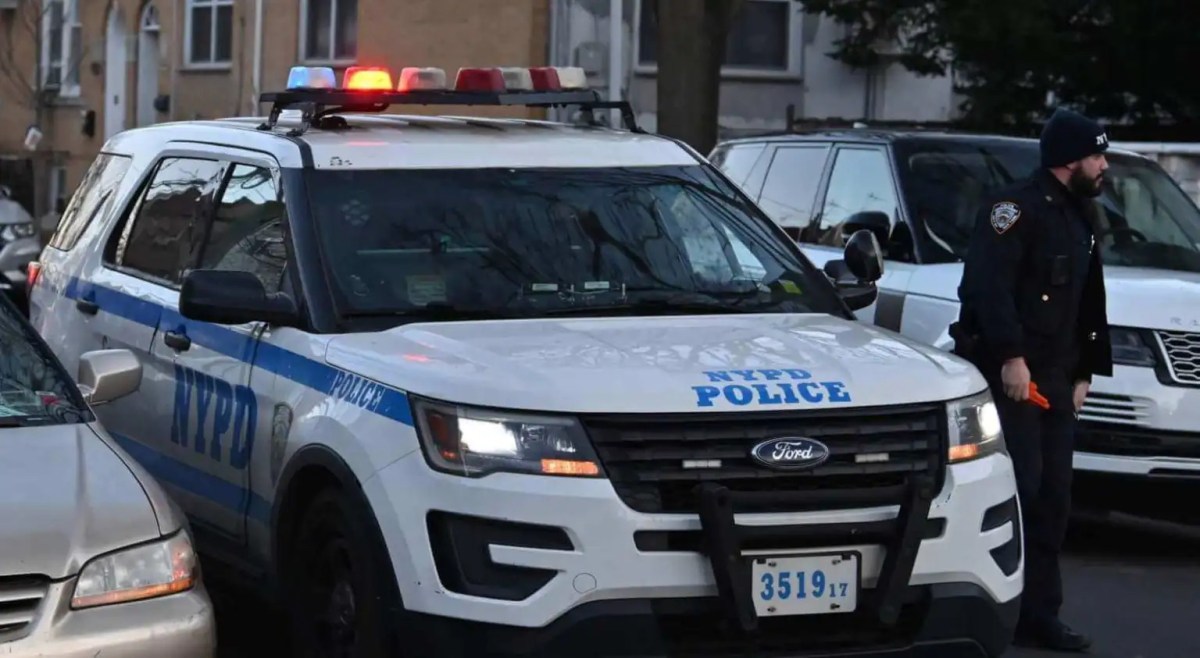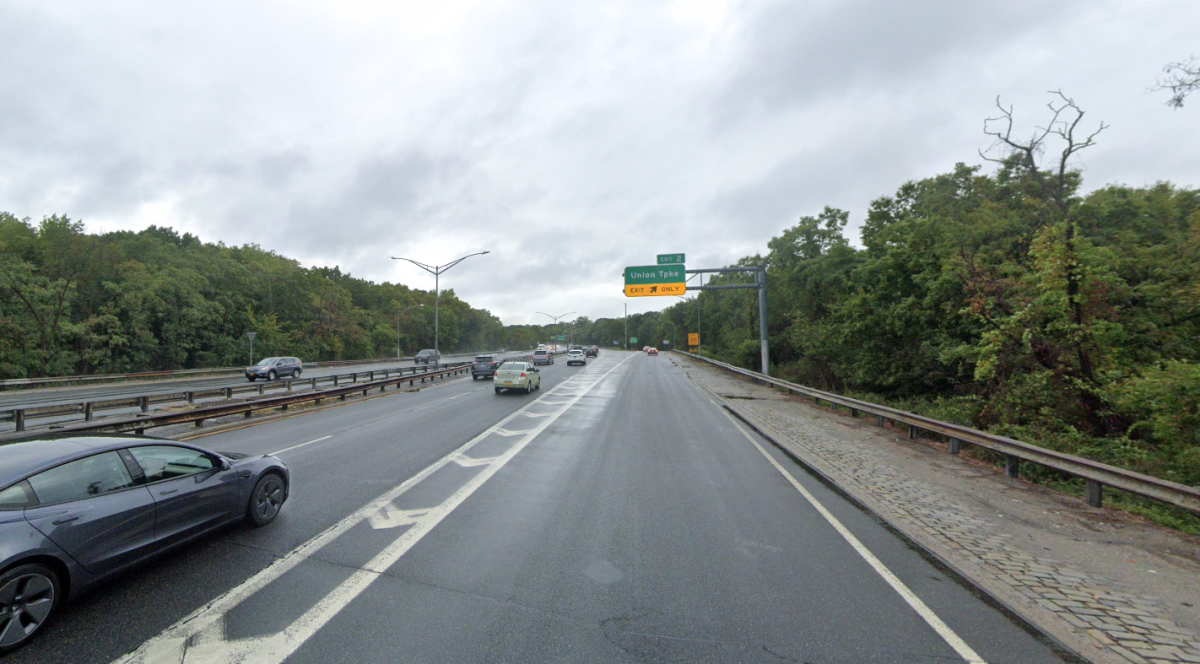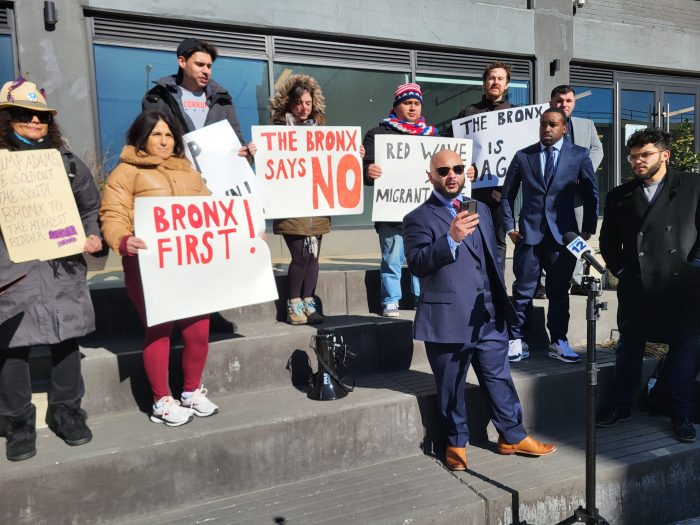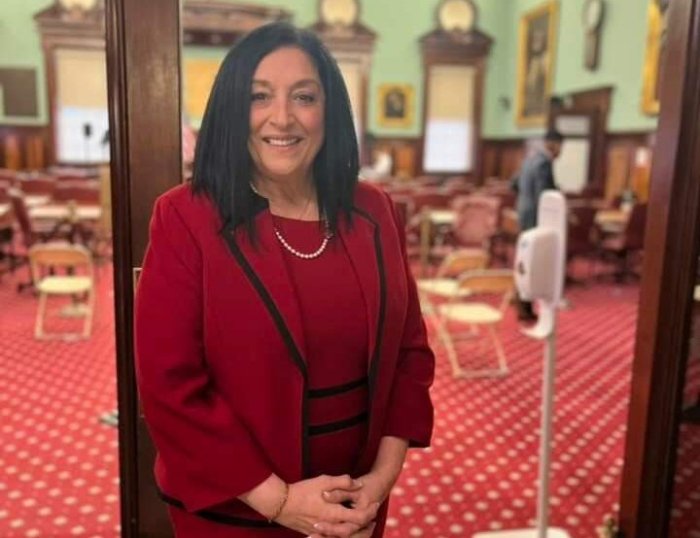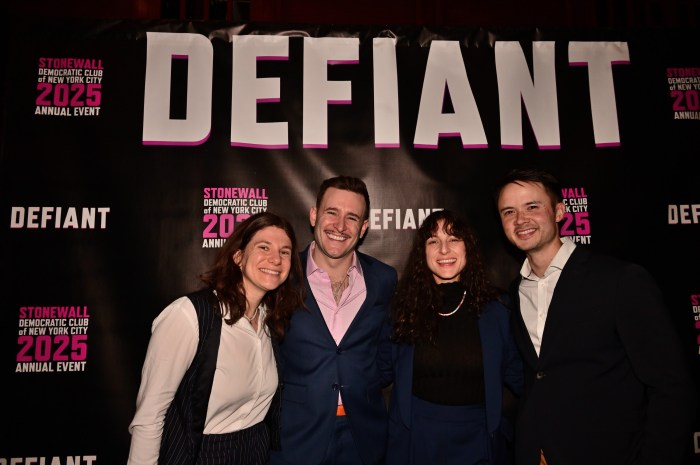
City Council voted Wednesday to expand services for runaway and homeless youth to include young adults up to age 24, whose needs and concerns are often not met by the adult shelter system.
“This is an important issue and one that hits close (to) home for me because in many cases, young people from my community, the LGBTQ community, are thrown out on the street because of their sexual orientation,” City Council Speaker Corey Johnson said ahead of the vote Wednesday.
Homeless youths age out of eligibility for services, provided by the Department of Youth and Community Development (DYCD), when they turn 21. But a bill, passed by the council, would allow adults up to the age 24 to still be eligible. Two other bills that also passed would extend the length of time a homeless youth can stay at a crisis shelter and require the DYCD to develop a plan to provide shelter to all runaway and homeless youth.
“Young people constantly talk about their fear of going into the adult shelter system,” said Jamie Powlovich, the executive director of the Coalition for Homeless Youth, which urged council members to support the bills last month.
A group of homeless youth had rallied on the steps of City Hall on Valentine’s Day to bring attention to the challenges they face.
“There’s adult programs but no one at my age really feels like they’re safe,” said 24-year-old Le’Quann Corbett, who became homeless four years ago.
They also emphasized the importance of the protections for young people in the LGBTQ community.
“We are in jeopardy of getting thrown out of homes over something we cannot change,” said 16-year-old Isaiah Feliciano, who said his parents didn’t fully accept him. “You may not be able to come back from it or get on your feet for a very long time.”
Councilman Ritchie Torres, who sponsored one of the bills, said the legislation will save lives.
“Expanding the safety net of shelter to those in greatest need will have a real impact in saving lives,” he said in a statement. “Homelessness leaves runaway youth vulnerable to commercial sexual exploitation, contact with the criminal justice system, STDs and, worst of all, suicide.”
One of the other bills would extend the time limits on services. Current law says runaway or homeless youth may spend 30 days, or 60 days with the consent of a parent or guardian, at a crisis shelter, and up to 18 months, or more if they are not yet 18 when the limit is reached, at a transitional independent living facility. The proposed legislation would increase the length of stay to 60 days, or 120 with the consent of a parent or guardian, at a crisis shelter and up to 24 months, or more if they entered before the age of 21, at a transitional independent living facility.
“By extending shelter time limits, we are giving runaway and homeless youth much-needed stability and providing them with an opportunity to make the good and healthy choices that will keep them on the pathway to success,” said Councilwoman Vanessa Gibson, a co-sponsor.
The third bill aims to prevent the DYCD from having to turn away any runaway or homeless youth.
Jaclyn Rothenberg, a spokeswoman for the mayor’s office, said in February the administration was reviewing the bills and remains committed to supporting homeless youth and runaways.
“By 2019, we will have tripled the number of beds available to runaway and homeless youth in this city and continue to identify new ways to improving services, including streamlined transition to adult shelter services and additional supportive housing units for young adults,” Rothenberg said in an emailed statement.
The bills will have to be signed by the mayor to become law.















